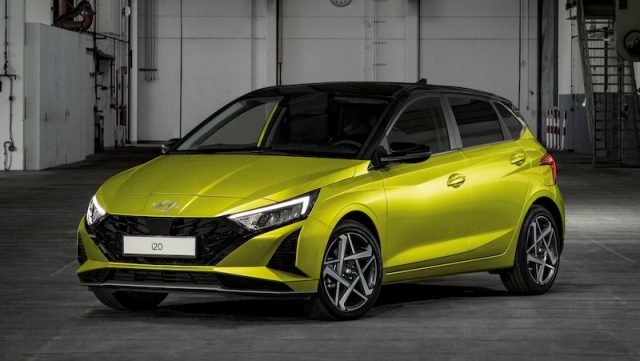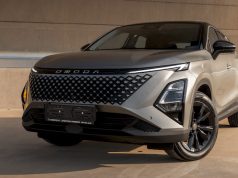Hyundai South Africa has revamped its reliable and popular i20 hatchback. Here are five important facts about this VW Polo competitor and its facelift.
Hyundai launched the i20 back in 2021 and it has now given the plucky little hatch its mid-life refresh. Visually, little has changed, but important changes were made on the inside, as described later on.
1. Entry-level i20 now more affordable
Consumers are much more familiar with prices going “to infinity and beyond,” as Buzz Lightyear would say, than any price reductions. How joyous is it then, when a car merchant slices over seven percent off a car’s price, while adding extra features? Okay, seven doesn’t sound like a huge percentage, but in this case it equates to a tidy R23 600.
The car in question is the entry-level Hyundai i20 – the 1.2 Motion – which Hyundai has renamed 1.2 Premium. Before the July 2024 facelift, the Motion was the most affordable i20, at R333 500. The Premium, that replaces it, has an asking price of R309 900.
For that amount you still get a five-speed manual gearbox, two airbags, steel wheels with dark hubcaps, ABS brakes, air conditioning, an 8-inch touchscreen, rear parking sensors, and a reverse-view camera.
However, buyers now get even more value, because Hyundai has added upholstery that combines black fabric and artificial leather. The 1.2 Premium also comes with a front armrest, and the driver’s seat now offers height adjustment.
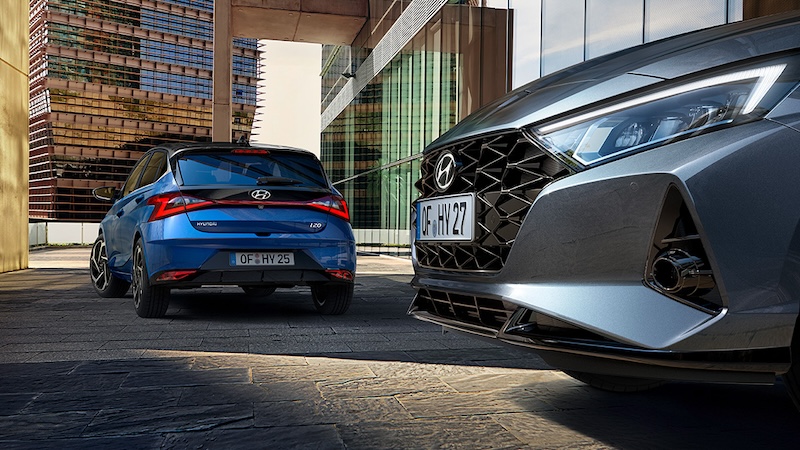
How much?
Here’s the full model range, with prices.
- Hyundai i20 1.2 Premium 5MT – R309 900
- Hyundai i20 1.2 Executive 5MT – R329 900
- Hyundai i20 1.4 Premium 6AT – R329 900
- Hyundai i20 1.4 Executive 6AT – R349 900
- Hyundai i20 1.0T N Line 7DCT – R467 500
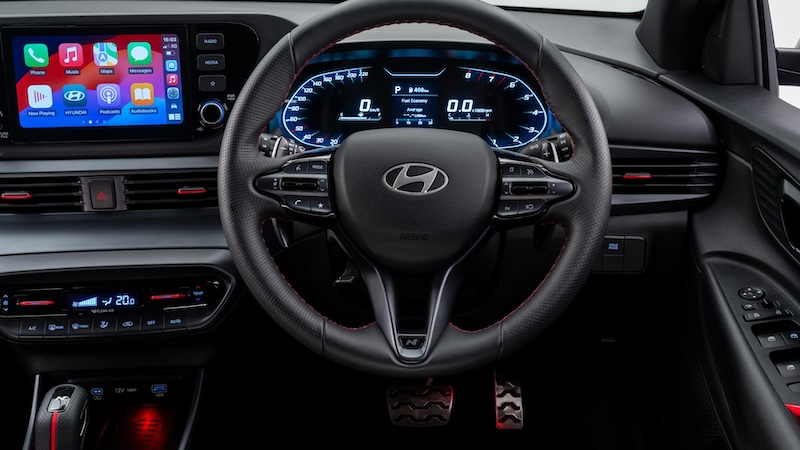
2. Only two airbags for most versions
When you could still buy the now retired i20 1.4 Glide, it came with six airbags. In the 2024 range, all i20s now have two airbags only. That is, except the i20 1.0T N Line (R467 500), which still has six. Even if you buy the 1.4 Executive for R349 900, you only get two airbags.
Now compare that to the Suzuki Baleno 1.5 GLX manual (R307 900), VW Polo hatch 1.0TSI 70kW (R357 500 before options) and the Peugeot 208 1.2 Active (R349 900) that all come with six airbags.
Electronic stability control (ESC) is also absent form all i20s bar the N Line.
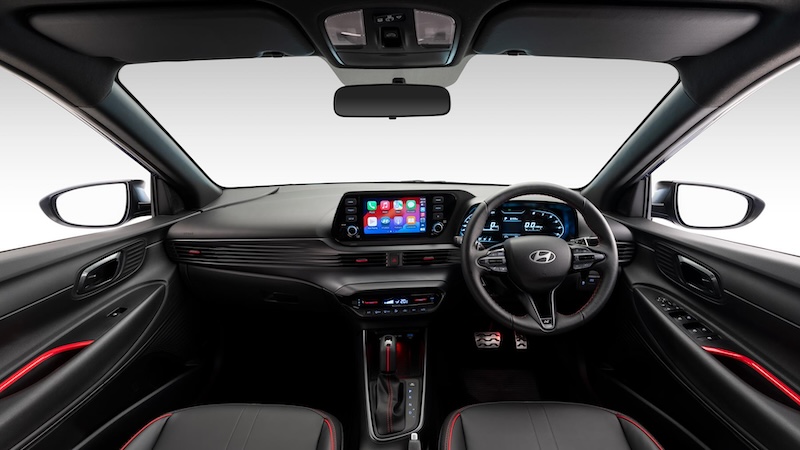
3. The i20 has plenty desirable features
Despite the airbag scarcity, the i20 range still has many attractive features and gadgets.
The entire model range has wireless Android Auto and Apple CarPlay, an excellent infotainment system, and a full-size spare wheel.
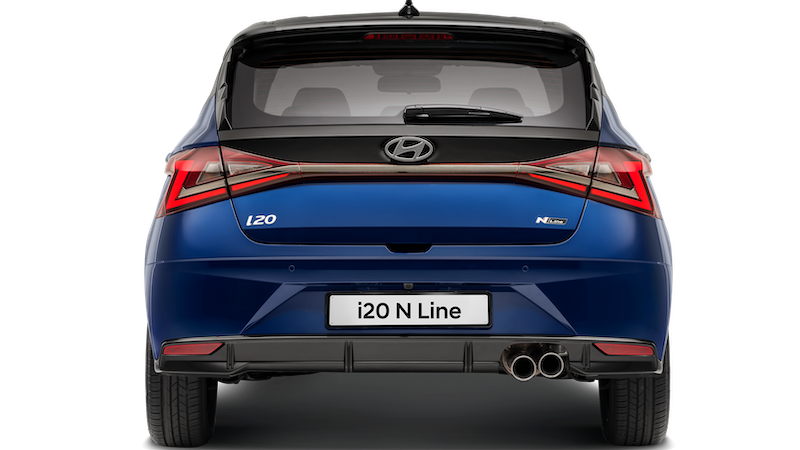
4. The N Line has these pros and cons
There’s a canyon-sized price gap between the i20 1.4 Executive 6AT (R349 900) and the i20 1.0T N Line 7DCT (R467 500). The most important advantages the latter has over its siblings are its energetic 1,0-litre turbo engine (90 kW and 172 Nm) and a sophisticated 7-speed dual-clutch automatic transmission with paddle shifters for manual gear changes.
Other pros of the N Line are a new Bose sound system, a sunroof, LED headlights, automatic air-conditioning, cruise control, and sports suspension.
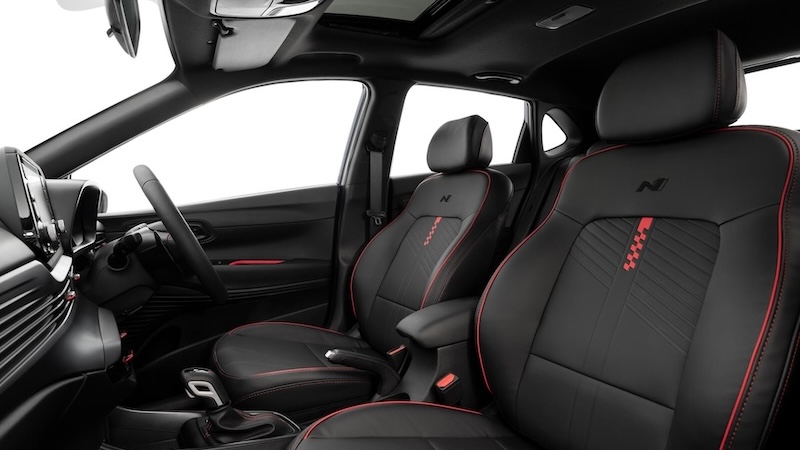
More heat, more noise
There’s not much about the i20 N Line to criticise, but the car’s black roof – a visual enhancement – means the air conditioner will have to work harder in summer. The lower-profile tyres also seem to generate more noise, which sometimes made a normal conversation too much of an effort.
The i20 N Line’s suspension (the springs and shock absorbers) is harder than that of the other i20s. The N Line didn’t feel uncomfortable, but some customers might want the extra power of the turbo-charged i20 and be put off by the harder ride. On the other hand, only some will notice the difference.
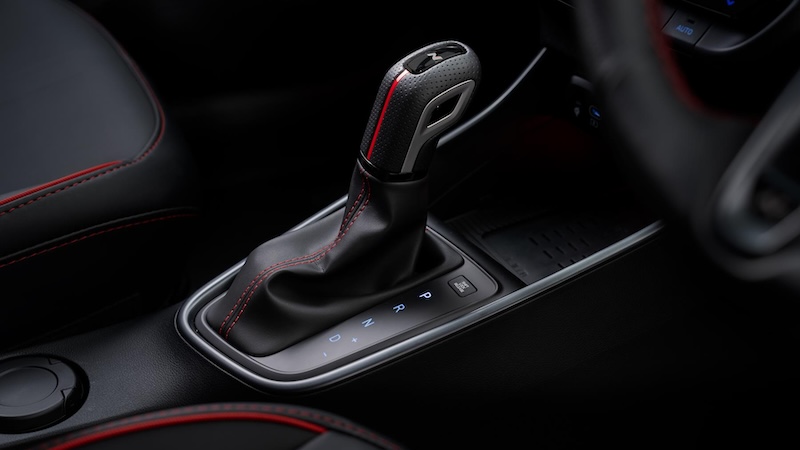
5. Still one of the best warranties in the country
The prices above include a five-year or 150 000 km vehicle warranty, a seven-year or 200 000 km engine and transmission warranty, and a four-year or 60 000 km service plan. The customer also receives roadside assistance for seven years or 150 000 km. The service intervals for the i20 range is 15 000 km or once a year.
Together with the i20’s reputation for reliability, this support gives owners (first, second, third…) valuable peace of mind.


